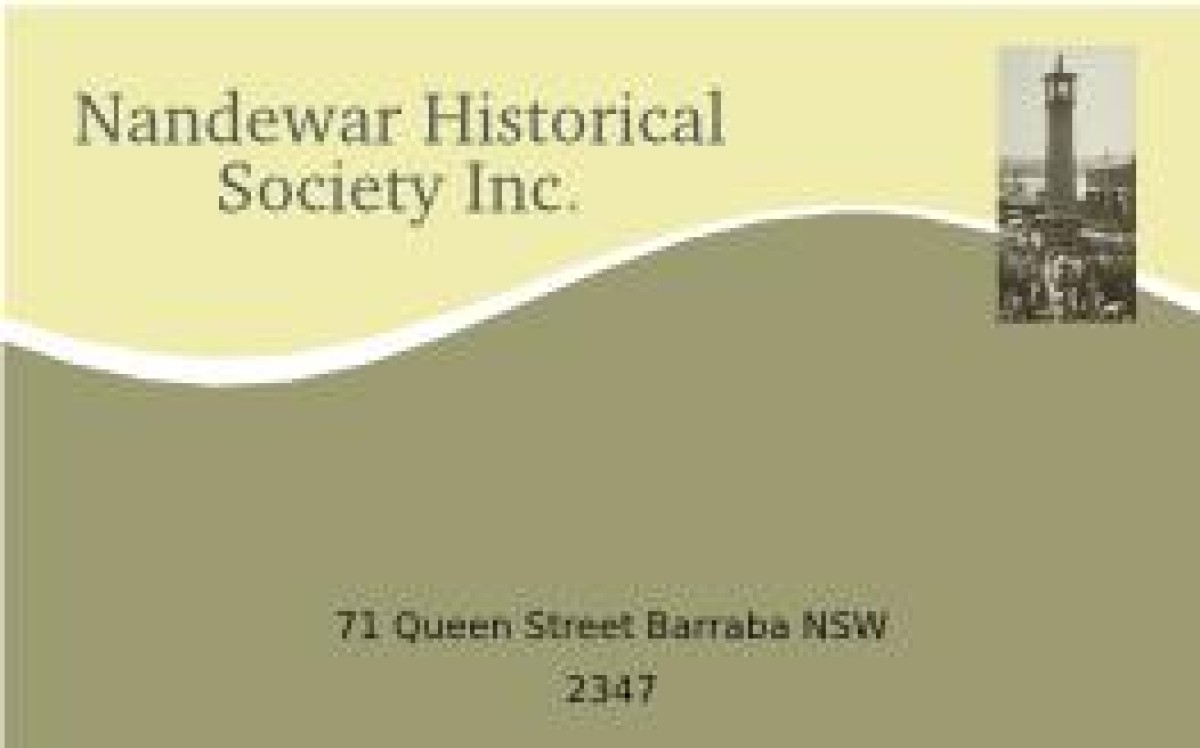History of the old saleyards

HISTORY NOTES by Terry Threlfall
(Margaret Currell is having a few weeks break)
The Barraba Saleyards – looking forlorn
As you drive south out of Barraba on Fossicker’s Way, there’s a bright blue sign pointing to the right on Range St – “SALEYARDS”. Head up there, and you’ll find a substantial set of stockyards, with truck ramps and other buildings, but overgrown and neglected. It would appear the Saleyards haven’t been used for quite some time.
What is the story of the Barraba Saleyards? To find out, I asked Trevor Perry, now retired, who was a Stock and Station Agent in Barraba with McKid and Co for fifty-two years. Howard Carter, current Barraba Stock and Station agent, filled me in on the more recent history.
Trevor Perry started with McKid and Co in 1953. That was the year the Barraba Saleyards opened. Prior to that, local sheep and cattle were sold at Manilla, or went to Homebush (Sydney) saleyards, where the state abattoirs were. Transport was a bit different before the 1950s – roads were generally pretty poor – it wasn’t really possible to move large numbers of sheep and cattle by truck. The mob for sale usually walked to the Saleyards, driven by the owners or drovers, or they went by train. In Barraba, there were stockyards next to the silos where the sheep and cattle were loaded into rail wagons and headed off to sale.
Trevor told me that, work when he started, plans were well underway to build saleyards in Barraba. There were a lot of stock in Barraba’s rich grazing land – local saleyards meant that it was easy to get stock to market, and the buyers then had the task to move them. The Barraba Saleyards opened on 10 October 1953, on a three acre block of land, next to the showgrounds and the airstrip. They were built and jointly owned by the two established Stock and Station Agents in Barraba then – McKid and Co (later to become McKid, Dalgety, and Winchcombe), and C G Williams and Co (then operated by Lowcocks).
The 1950s and 60s were a boom time for stock sales in Barraba. Every Friday there would be sales. “About 350 fat cattle would be yarded in those days,” Trevor told me. “There might be any number from 2000 to 4000 sheep at a sale – all merinos, as Barraba district was a top wool growing area then.”
But over the years, sales at Barraba Saleyards began to decline – the roads had improved, trucks got better, it was easier to move stock to other markets. The local graziers realised they could get better prices at sales where there were bigger yardings and more buyers. As the 1970s went on, sheep declined and more of the cattle went to Gunnedah. Both Trevor Perry and Howard Carter agree that the last of the regular Friday sales of fat cattle at Barraba Saleyards was about 1985.
The Saleyards continued to be used – from the mid-1980s to about 2008, the Barraba Saleyards were the venue for an annual store stock sale - up to 8000 head of cattle, and 18,000 sheep might be yarded. Occasionally a similar sale was held in spring. In the early 2000s holding monthly store cattle sales were tried, as well as occasional sales of British breed sheep – neither continued for any length of time. In recent years the Saleyards seem to have been used only as a convenient place for owners to drop off a small number of cattle to be loaded onto a larger truck for transport to the Gunnedah sales, or somewhere similar. According to a sign on the Saleyards, they continue to be in private ownership – Hart Rural is the owner.
The Barraba Saleyards appear to have suffered a similar fate to that of many services in small rural towns. As transport (roads and vehicles) and communications (mobile phones, the internet) have improved in the past fifty years, business and government find it cheaper and more efficient (?) to withdraw their services from small centres to large regional centres. Barraba has lost its traditional Banks – and its Saleyards.
Thank you, Trevor and Howard, for giving me the information for these History Notes – any mistakes are mine. If anyone would like to add or correct any of this story, please write to The Editor, Barraba Community News.
